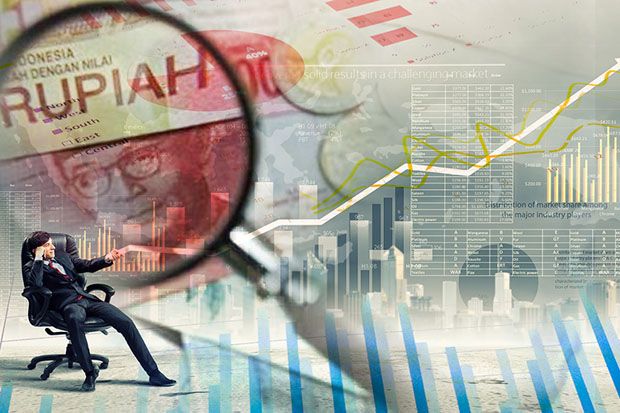Indonesia is Conducive for Investment
By: Savira Ayu)*
The government’s attention to investment opportunities in Indonesia deserves appreciation. This can not be separated from Indonesia’s conduciveness in terms of socio-politics to the trimming of regulations that have been hampering the flow of investment.
The investment climate in Indonesia is seen as increasingly competitive by foreign entrepreneurs. Even investment in Indonesia has received enough attention from foreign investors.
As President Joko Widodo has said, investment growth will be much higher through several structural reforms that the government is undertaking. The main investment destination for foreign investors who invite them to ripen economic opportunities.
With good investment opportunities, the economy can grow and be maintained for the community. However, previously the Indonesian government also carried out various reforms to open up investment opportunities in its own country.
These opportunities and potentials also make many stakeholders participate in supporting the investment climate in Indonesia. One of them is HSBC which has a commitment to support increased investment in Indonesia.
The investment climate itself is a climate that encourages someone to carry out investments with the lowest possible costs and risks. Even to generate high long-term profits.
Given the growth of investment in Indonesia until last year has increased from Rp. 103.6 trillion to Rp. 108.0 trillion. For the realization of foreign investment of 50.8%, it shows the growing world confidence in the investment and investment climate in Indonesia.
Indonesia’s investment needs are projected to reach Rp 5,800 trillion to Rp 5,900 trillion. Bappenas itself deliberately encourages investment growth of 6.4% in 2021.
Of course there are many factors that affect the investment climate in Indonesia. The World Bank has reported on a fairly stable investment climate in terms of macroeconomic stability, levels of corruption, bureaucracy and economic policy certainty. These four become important factors in the annual report.
Investment itself has a meaning if the purchase of capital goods that are not consumed, but to meet future needs. If investment income increases, of course it will encourage greater investment.
High interest rates of course reduce the interest of investors to invest. Although the company uses its own funds for investment. The interest rate is money or funds an opportunity cost of investment.
However, the world of investment in Indonesia itself has so far experienced many improvements, both from regional policies. The conducive investment climate in Indonesia can certainly encourage someone to invest with the lowest possible risk and cost. But the results are quite large for a certain period of time.
Previously, the Coordinating Minister for Maritime Affairs and Investment (Menko Marves) Luhut Binsar Pandjaitan emphasized that until now Indonesia has not had problems with investment. In fact, he said that there were many investors who expressed their interest in investing in Indonesia.
He also explained that currently Indonesia’s macroeconomic stabilization is also being maintained, where the inflation rate is low, namely 1.75% in November 2021. Luhut also asked investors not to hesitate to contact him if they experience difficulties when making investments.
In terms of regulation, Luhut said the government had prepared various rules to boost investment in the country. One of them is by issuing the Job Creation Act. The implementation of the Job Creation Law will facilitate investment with risk-based licensing.
In addition, the government will also continue to prepare incentive schemes to attract investment from both domestic and foreign investors. The incentives offered include reduced income tax, ease of licensing and incentives for industrial estate development.
Then, Luhut also said, various efforts have been made by the government for the recovery and transformation of the domestic economy. One of them is by carrying out a transformation in the commodity sector. Currently, the government is building a downstream industry by banning the export of raw materials, such as nickel.
Not only that, the government will also ban the export of copper to tin. This is done in order to increase the added value of Indonesian export products.
Investment is a driving force for the country’s economy, so the government needs to maintain the conduciveness of the country so that investors feel interested in investing in Indonesia.
)* The author is a contributor to Pertiwi Institute
